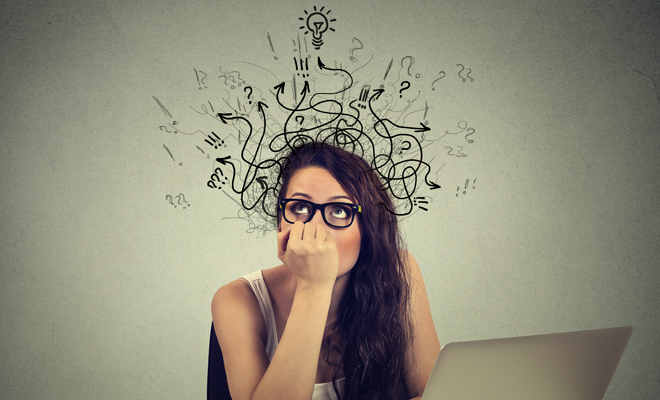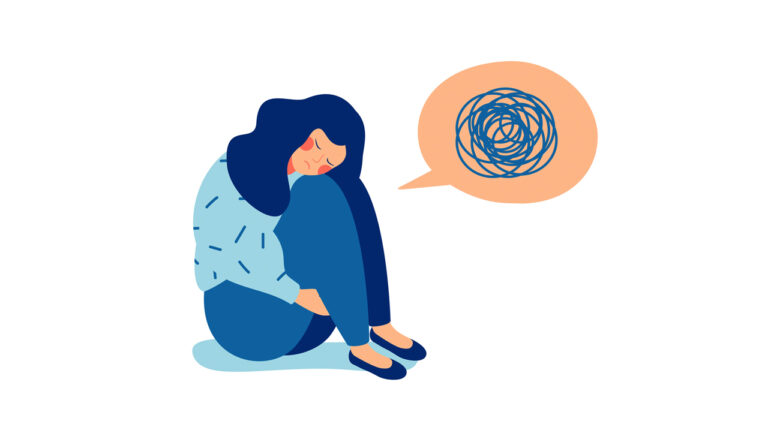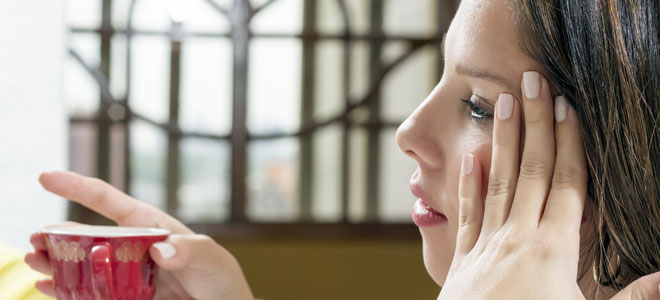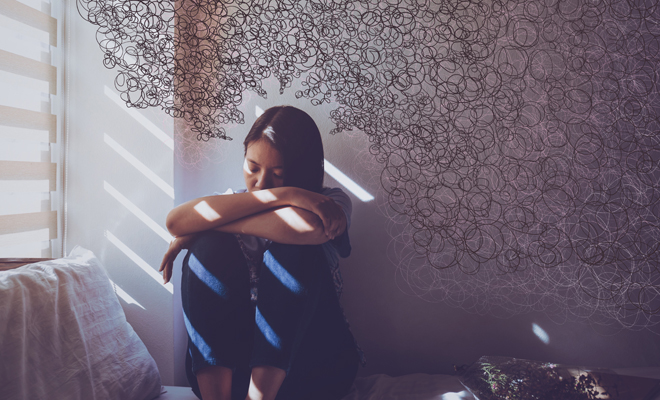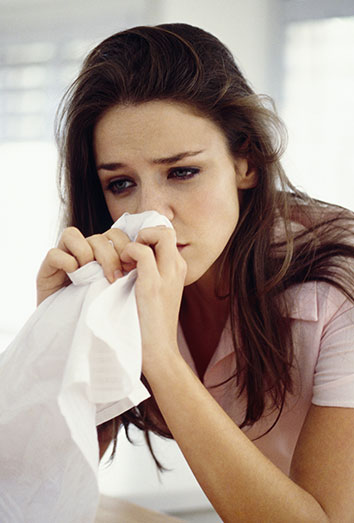There are moments when life overwhelms us. We can’t handle the worries, the responsibilities, the challenges and we start to feel bad, nervous, tired, and irritable. Is it you are or is it anxiety? It is not always easy to know where one ends and another begins.
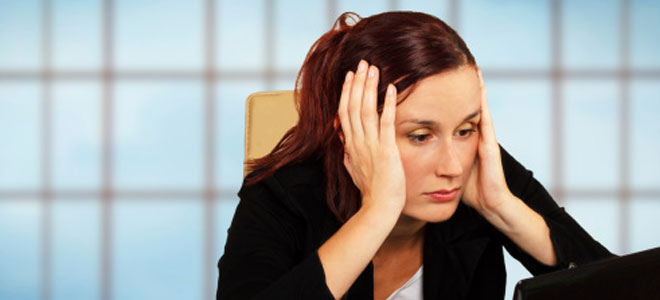
Taking into account that stress, anxiety and depression are the great evils of the 21st century, a true epidemic whose most immediate causes are observed in a worsening of the quality of life, in dissatisfaction and in the number of sick leave, but whose long- term consequences we are unaware of, we are going to try to put a stop to it. And to fight our enemies, we need to know them, so we put stress and anxiety in their place.
Stress leading to anxiety
A certain degree of stress, as occurs with anxiety, is very positive, it gives us energy, keeps us excited and activates us to achieve our goals. But perhaps because we have too many goals in perspective, perhaps because life and professional projects accumulate, perhaps because we load ourselves with responsibilities or perhaps because we don’t know how to face adversity, that stress that motivates us begins to paralyze us.
This stress comes in the form of headaches, muscle aches, insomnia, tiredness, lack of concentration, insecurity, excessive worry, nervousness, tremors, dry mouth, shortness of breath… in short, all of them symptoms of anxiety. And it is that stress, when we do not know how to handle it, becomes an anxiety disorder.
To establish a difference between stress and anxiety, we could say that stress generates anxiety, but anxiety does not necessarily cause stress. They also differ in that while the causes of anxiety can be vague and go back to the past, stress is caused by specific situations that we can clearly identify.
Manage stress and anxiety
If we take stress as the previous step to an anxiety disorder, we are interested in learning how to manage it in time. Transform that nervousness into positive energy that activates us instead of paralyzing us. To manage stress you have to act on the physical plane and on the emotional plane.
On the physical level, we can keep stress at bay with healthy lifestyle habits, with a balanced diet, with some physical exercise and maintaining sleep hygiene that allows us to rest and get up with energy. On an emotional level, any technique that helps us to be psychologically stronger will be welcome, but they all involve learning to reflect on ourselves and face problems with intelligence.
In any case, the best anti-stress measure is rest, disconnecting from work, from family, from responsibilities, from problems. At the first symptom of stress, we must resort to relaxation as the first and fundamental aid, which will also prevent anxiety from breaking through.

